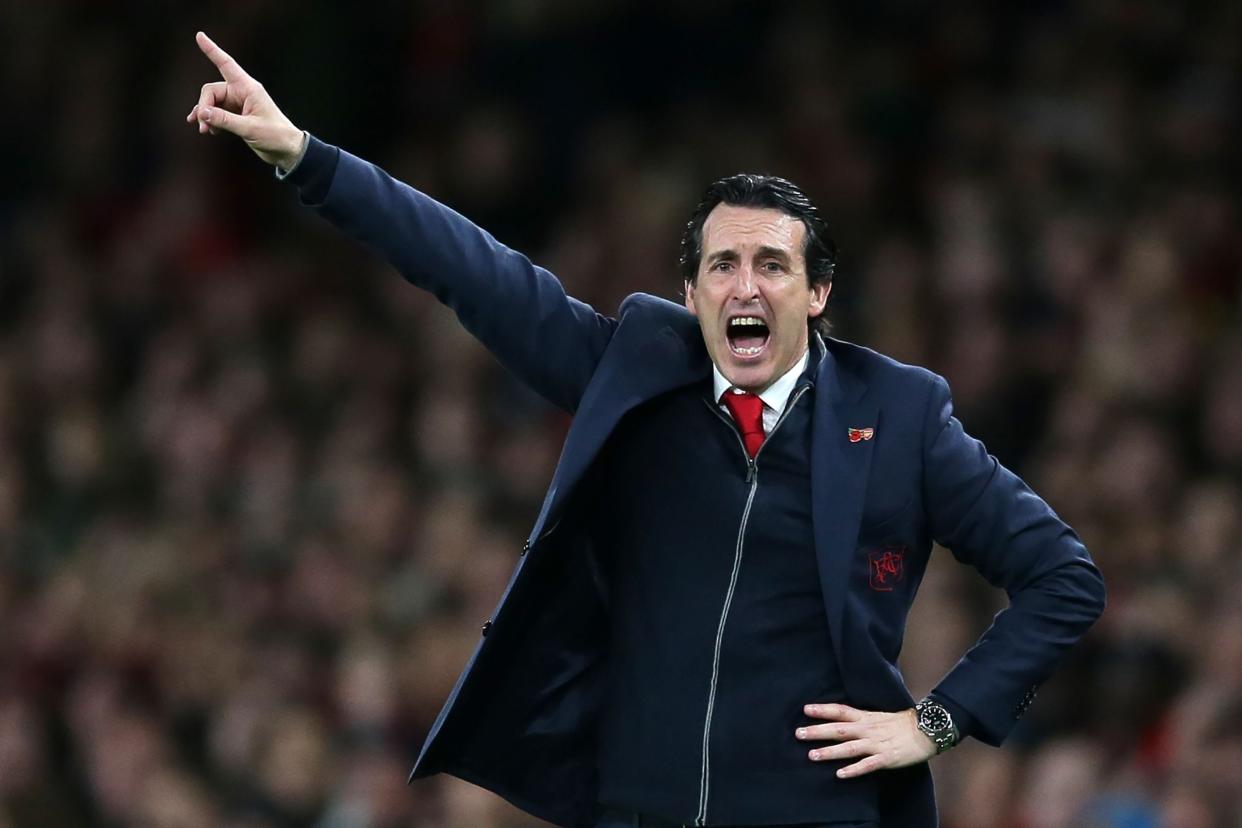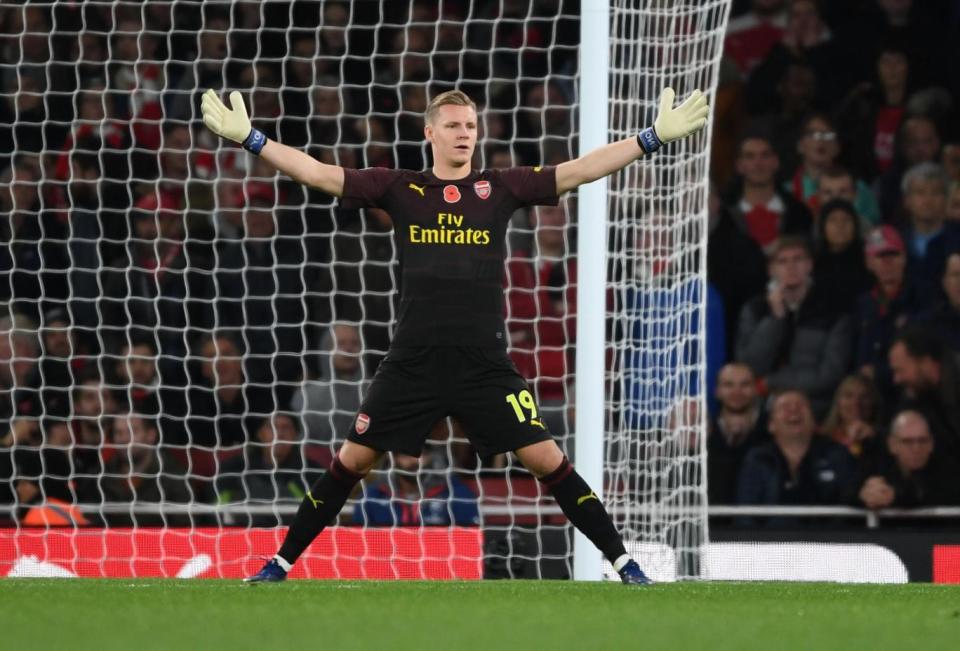Arsenal tactical shift rescues point but Unai Emery's side can't afford to keep stumbling out of the blocks

There has been plenty to catch the eye in Unai Emery’s first few months at Arsenal. It’s just that most of it happens in the second half.
Of the 26 Premier League goals the Gunners have scored this season just seven have come in the first half, four of which came in their opening quartet of fixtures.
At the other end nine of the 15 they have conceded have come before the whistle has blown for half-time.
These numbers could be used to burden Emery’s reputation, to point to a man who is capable of turning a game on its head once he get inside his players’ at the interval, but it also begs the question why he and his side can’t get it right in the first place.
In their recent games perhaps only against Liverpool did they come out of the blocks with any real purpose. More often than not - see Sunday’s draw with Wolves for a prime example - they are stumbling out of the gates and chasing a way back into a game they allowed to pass them by early on.
Emery is able to put together a convincing explanation for why one really ought not to be that concerned but even he seemed to lose complete conviction in his argument by the time he was ending it.
“When you are playing over 90 minutes, the two teams start the game with more intensity,” he told Standard Sport. “Little by little over 90 minutes you need to impose your game, your job and your individual quality or physical strength.
“In the first half, [Wolves] were also very good and it was not easy to play against them in the individual duels.
“Maybe it’s one thing we can improve but that comes naturally in our work.”
Emery’s half-time substitutions have been a familiar sight at the Emirates this season but on Sunday he overhauled his system as well as his personnel. Out went Alex Iwobi, who may have been guilty of sloppy passing in the Wolves half but at least looked like trying to force the issue in a stodgy performance, and in came Matteo Guendouzi.
The Frenchman’s introduction and the decision to drop full-backs Sead Kolasinac and Hector Bellerin deeper saw Arsenal slip into a 4-3-1-2 that united Pierre-Emerick Aubameyang and Alexandre Lacazette in a strike-force that offered a more comprehensive test of Wolves’ back five.

“It was very difficult to find a goal or break through their lines defensively,” Emery conceded. "Their transition was a very good transition.
“We didn’t want to concede another goal because it makes it more difficult, but our idea changed a little bit because we spoke at half-time. We needed to take more risks in the match. The risks were thinking that we could win but we also needed good balance in the transition against a good team with good transitions.
"I think the team played with character and we had chances to draw before our goal. We also continued to look for ways to create and to win the game but then we drew.
“In the last five or 10 minutes, we had the same idea with the risk but also thinking to win. At the end of the game we could say, ‘OK, the two teams both deserved it’.”

Did Arsenal deserve it? They failed to register a shot on target until the hour mark, their expected goals were significantly lower than Wolves’ and even when they drew level they nearly threw it away when they allowed Adama Traore to break into space. But for Bernd Leno this could well have been a convincing defeat for Emery’s side.
Arsenal unquestionably improved in the second half but from such a low base that even moving up a gear or two was perhaps only enough to draw them on a par with Wolves.
Emery will inevitably wonder what might have happened if Arsenal had not upped their level yet again at just the right moment. He would be wise to. He can't keep assuming you can solve in the second half what went wrong in the first.

 Yahoo News
Yahoo News 
